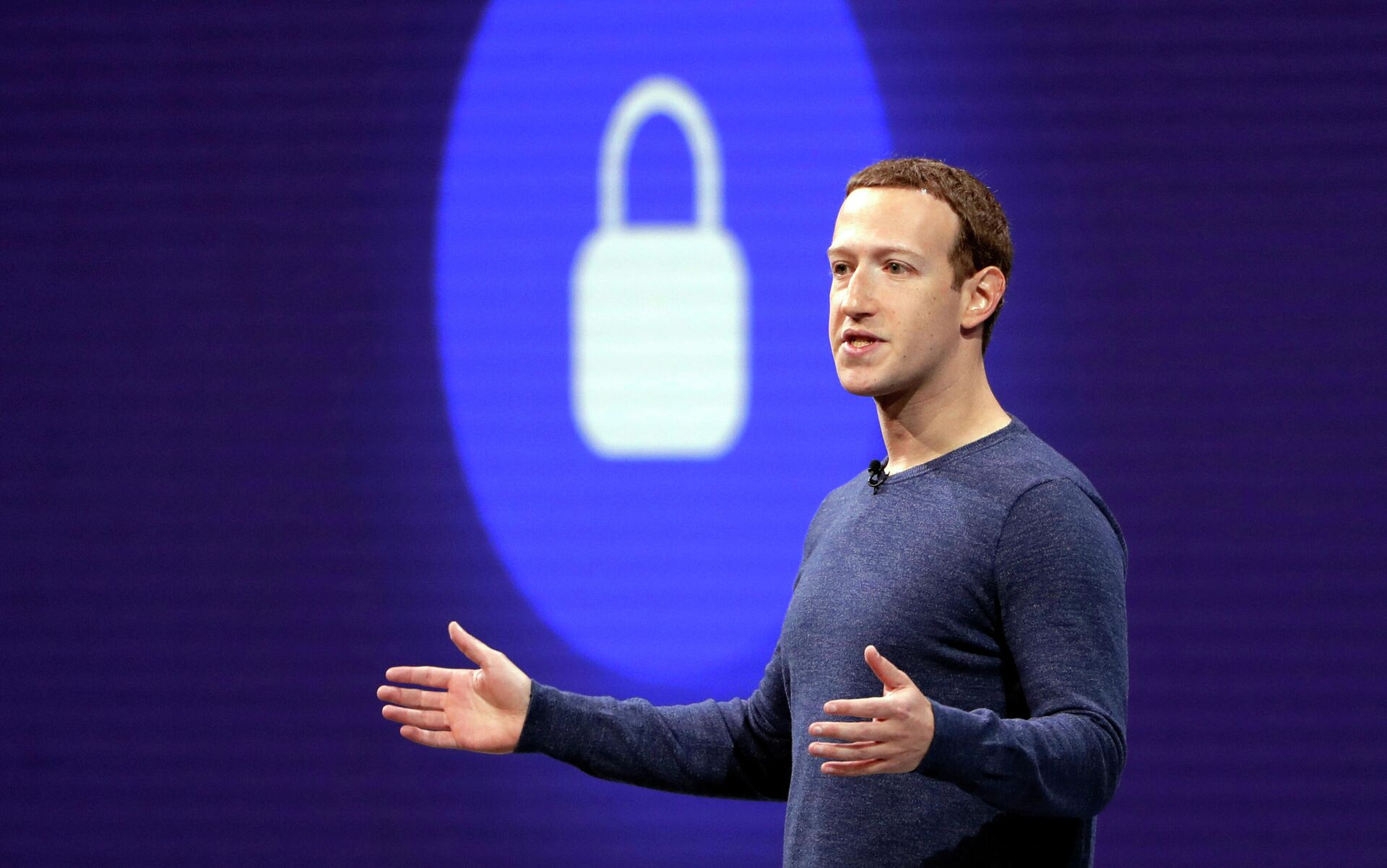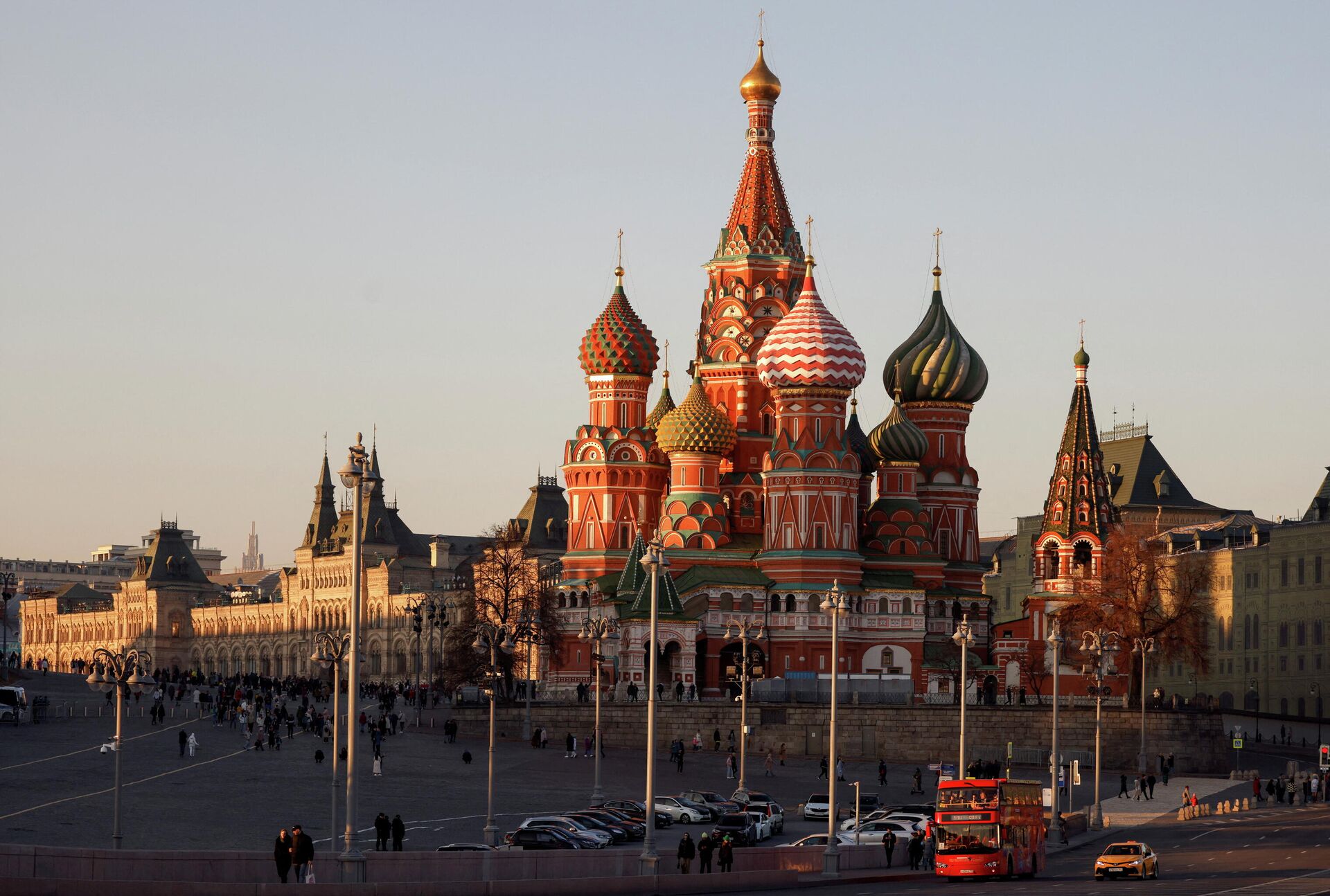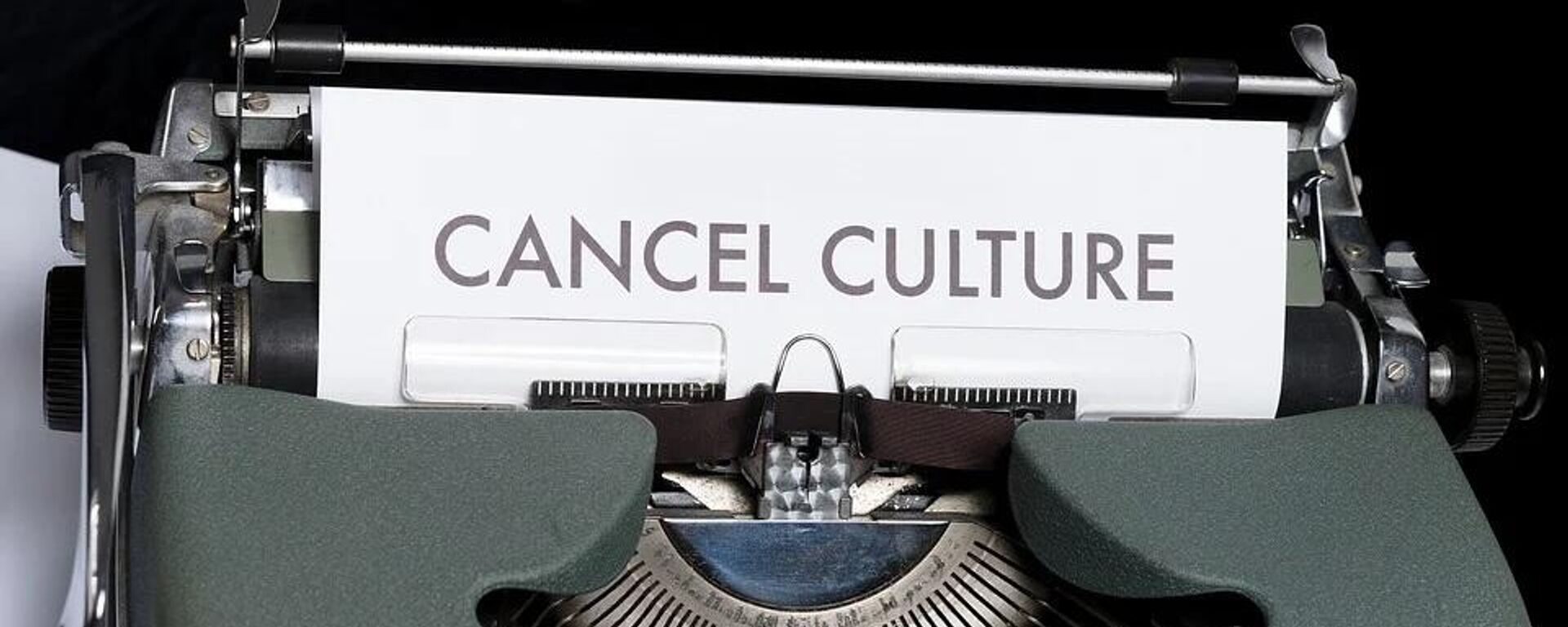From Antipathy to Calls for Death: How Meta Greenlighted Hate Speech Against Russian Soldiers
19:10 GMT 11.03.2022 (Updated: 05:40 GMT 30.04.2023)

© REUTERS / DADO RUVIC
Subscribe
Facebook and Instagram's parent company Meta announced that calls for violence and death against Russian soldiers and Russian President Vladimir Putin would be temporarily allowed in its social media networks in the context of Moscow's special military operation to demilitarise and de-Nazify Ukraine.
"The Facebook platform was always based on an illusion of inclusivity, itself being the creation of a person incapable of understanding the concept," says Dr. Binoy Kampmark, senior lecturer at RMIT University, Melbourne, Australia. "In truth, it is based on the dogma of the algorithm, the excitement caused by searches and controversy, the value-free prism of extravagant 'debate'. Racism and xenophobia are sexy components to the Facebook vision, and say much about their founder. The fact that the platform is openly endorsing a position against a country or nationality is an admission that it is coming clean: to hate is to sell."
An internal Meta memo obtained by Reuters highlighted a change in the former's hate speech policy, allowing "T1 violent speech that would otherwise be removed under the hate speech policy when: (a) targeting Russian soldiers, except prisoners of war, or (b) targeting Russians where it’s clear that the context is the Russian invasion of Ukraine." At the same time, Meta highlighted that it "still won’t allow credible calls for violence against Russian civilians."

In this May 1, 2018, file photo, Facebook CEO Mark Zuckerberg delivers the keynote speech at F8, Facebook's developer conference, in San Jose, Calif. Sen. Richard Blumenthal, D-Conn., who heads the Senate Commerce subcommittee on consumer protection, called in a sharply worded letter Wednesday, Oct. 20, 2021, for Facebook founder, Zuckerberg, to testify before the panel on Instagram’s effects on children.
© AP Photo / Marcio Jose Sanchez
A Russian Investigative Committee said on 11 March that it would open a criminal case against Meta "due to illegal calls for the murder of Russian nationals." The Russian General Prosecutor’s Office suggested that the Silicon Valley tech giant be branded “extremist” and called to block Instagram in the country. Last week, Moscow blocked access to Facebook over fake reports about the special military operation in Ukraine. The move followed Meta's removal of Sputnik News and RT across the EU.
Meta, according to reports, is thought by many to be likely to succeed with its hate speech policy in the West, "because they are now riding the coattails of outrage about Russia's attack on Ukraine," according to Kampmark. The academic does not expect Western governments to advocate enhanced regulation of social media platforms over the recent calls for violence against active members of the Russian military.
"When such hate speech and incitement concerns an adversary, certain elasticity comes into play," notes the academic. "Facebook, in other words, has joined the information war on what might be seen by the EU and the US as the 'right side'… Zuckerberg lacks a moral compass, has no particular interest in which way the wind blows other than market direction and returns. It's become popular to hate Russians, and easy to advertise. He is simply riding the wave and hoping to get invitations to Congress and the White House."
A wait and see attitude must, according to Kampmark, be adopted as to how human rights organisations respond. If they remain silent, it will be "deeply compromising to the nature of dialogue and engagement associated with these digital platforms."
"Hate speech and its cognates should be condemned, but human rights are historically situational in politics," remarks the academic.

FILE PHOTO: A view shows the St. Basil's Cathedral in central Moscow
© REUTERS / EVGENIA NOVOZHENINA / FILE PHOTO: A view shows the St. Basil's Cathedral in central Moscow
The West's "Ridiculous Antipathy" for Russia
Meta's latest move fits an emerging pattern of irrational anti-Russian rhetoric that has engulfed Western Europe and the United States, notes Dr. Ellis Cashmore, a visiting professor of sociology at the Aston University in the UK, and also a media analyst and independent commentator.
"There has been something quite staggering happening in the world, outside Russia and all across Western Europe and in the United States, there is this anti-Russian feeling that is irrational and it's not something I have ever experienced in my lifetime. It's almost as if anything Russian is bad," Cashmore says. "I'm very much against this Russophobia and will oppose it everywhere. But all the media, all the Western media seem to be saturated in it at the moment."
A week ago, reports emerged about instances of abuse and bullying in Norwegian schools. On 11 March, unknown people started a fire at the gym entrance of the Lomonosov Russian-German bilingual school in Berlin. World renown Russian celebrities, including conductor Valery Gergiev, pianist Denis Matsuev and opera singer Anna Netrebko were "cancelled" in the West despite reportedly being politically neutral.
"This antipathy for Russia and all things Russia," says the professor. "This is how ridiculous it has become. Earlier this week, liquor stores were removing vodka made in Russia from their shelves. How stupid is that? It is so ridiculous. It's childlike, in my opinion, but that's how petty it has become. You know, taking Russian vodka off the shelves, and it won't be long before Russian vodka is taken away from bars. Everything that involves Russia, it is this Russophobia, it's changing people's mentalities."
On 2 March, the EU banned the Russian RT and Sputnik media organisations within the bloc. Big tech giants, including Google and Twitter, joined Facebook in censoring what they have described as "Russian state-affiliated media" in the European Union. However, on 11 March, Google's YouTube went further, saying that it would start globally blocking YouTube channels for any media "funded by the Russian government".
"It seems to me that the West is now doing something that for years, for decades, it accused the Soviet Union, the old Soviet Union, of doing, and that was not allowing freedom of speech," says Cashmore. "And now the West is doing exactly that by banning Sputnik News and RT and not allowing Westerners to get a Russian perspective on this."
Lets stay in touch no matter what! Follow our Telegram channel to get all the latest news: https://t.me/sputniknewsus


